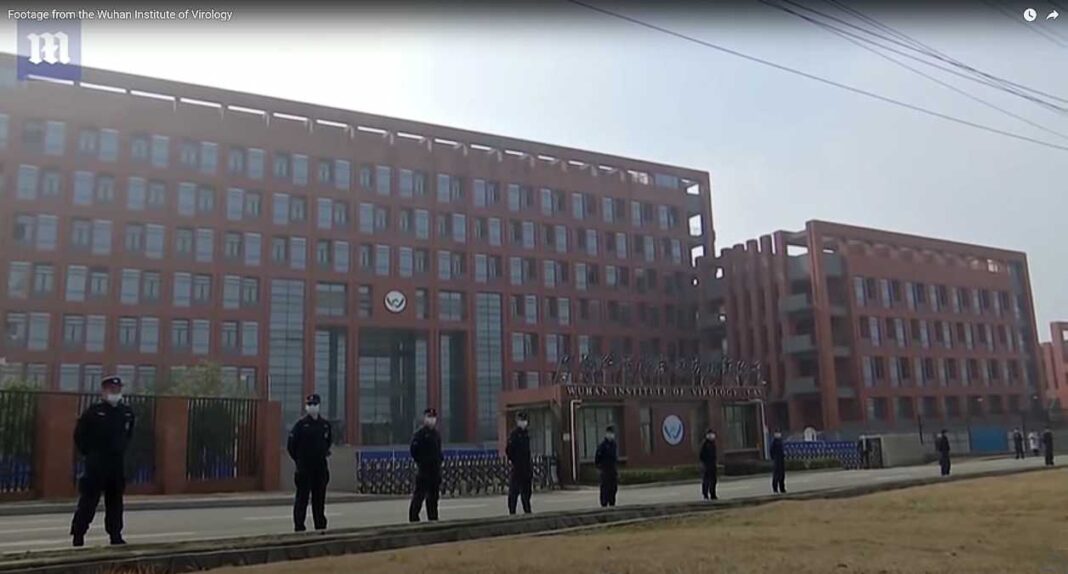President Joe Biden said on Thursday that the United States was committed to defending Taiwan if the self-ruled island were attacked by China—a departure from a long-held U.S. position of “strategic ambiguity.”
“Yes, we have a commitment to do that,” Biden told a CNN town hall event in Baltimore when pressed on the issue, amid escalating Chinese military provocations. “China knows the U.S. has the most powerful military in the world.”
An audience member had questioned the president on Beijing’s recent testing of a hypersonic missile, and whether the United States would stand up to China.
“Don’t worry about whether they’re going to be more powerful,” Biden said, adding: “I don’t want a cold war with China, I just want China to understand that we are not going to step back and we are not going to change any of our views.”
His comments signal a deviation from U.S. policy of “strategic ambiguity.” While the United States doesn’t have a commitment to defend Taiwan under the Taiwan Relations Act (TRA), Washington is required by the law to provide the island with the means to defend itself.
The TRA states that the United States “will make available to Taiwan such defense articles and defense services in such quantity as may be necessary to enable Taiwan to maintain self-sufficient defense capabilities.”
The Chinese Communist Party (CCP) claims that the self-ruled island of Taiwan is a province of China. The democratically governed island has its own constitution, military, and ruling party.
In August, a Biden administration official stressed that its policy on Taiwan had not changed after Biden appeared to suggest his administration would defend the island against a military attack.
The Epoch Times has contacted the White House and the State Department for comment.
Biden’s comments come as Beijing has in recent weeks escalated military harassment against the island, including a show of force from the Chinese military over’s air defense zone.
Earlier this month, Chinese leader Xi Jinping renewed calls that Taiwan would be “reunified” with the mainland, and blamed continued commitment to Taiwan’s independence as a major threat to his plan of so-called “national rejuvenation,” a goal that observers say indicate Xi’s desire to transform the regime into the world’s sole superpower by mid-century.






